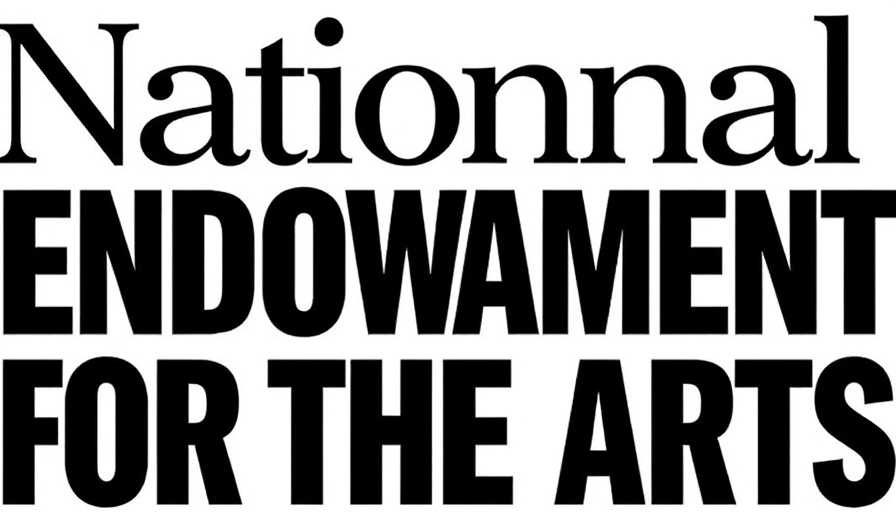
NEA's Pledge Suspension: A Step Forward for Artistic Freedom
The National Endowment for the Arts (NEA) has made a significant shift by suspending a controversial certification that required artists to pledge not to "promote gender ideology" in their applications for funding. This decision allows artists to seek financial support without compromising their values, especially amidst an ongoing lawsuit led by the American Civil Liberties Union (ACLU) targeting this restrictive requirement. Vera Eidelman, a senior staff attorney at the ACLU, heralded this as a major win, emphasizing that artists should not be coerced into conforming to governmental censorship of artistic expression.
Understanding the Legal Battle
The backdrop of this suspension is a notable lawsuit in the U.S. District Court for Rhode Island, where organizations such as Rhode Island Latino Arts, National Queer Theater, and the Theater Offensive are challenging the NEA's funding prohibition. This suit asserts that the NEA's new policies violate established constitutional rights, including the First and Fifth Amendments. The legal arguments are bolstered by past practices of the NEA, which have traditionally aimed to foster artistic creativity rather than restrict it based on ideological grounds.
Impacts on Arts and Culture
The NEA's restrictions previously threatened diverse artistic projects and works that celebrate a spectrum of identities. For instance, productions that feature nonbinary or LGBTQ+ themes could be jeopardized due to the vague and authoritarian nature of the policy. In the wake of political maneuvers by the Trump administration, such restrictions extend beyond the NEA to lead to broader artistic censorship in federal cultural institutions, sparking serious concern among artists and advocates for freedom of expression.
Future Trends in Funding and Expression
As the March 24 grant application deadline nears, the ACLU is pushing for an immediate injunction against the NEA's funding ban. This legal trajectory raises critical questions about how future federal support for the arts may be navigated. The growing movement against ideological impositions in funding may drive a significant policy reversal in favor of a more inclusive approach—one that embraces a variety of perspectives in art rather than suppresses them.
Engaging the Community
Now more than ever, it is crucial for artists and art organizations to remain vocal against such restrictive policies. The NEA's revised approach is a positive step, but absolute freedom for expression remains a contested terrain. Artists are encouraged to stand united, leveraging advocacy tools to ensure that all artistic voices, regardless of content or message, can access vital resources.
Conclusion: The Fight for Artistic Integrity
The NEA’s suspension of the gender ideology pledge marks an important victory, yet it comes with lingering challenges as the funding prohibition remains in effect. Artists in all discourse spheres must continue to advocate for their rights to create freely without the oversight of governmental ideologies. As we await the court's ruling on the matter, vigilance and unity must guide the arts community onward.
 Add Row
Add Row  Add
Add 




 Add Row
Add Row  Add
Add 

Write A Comment